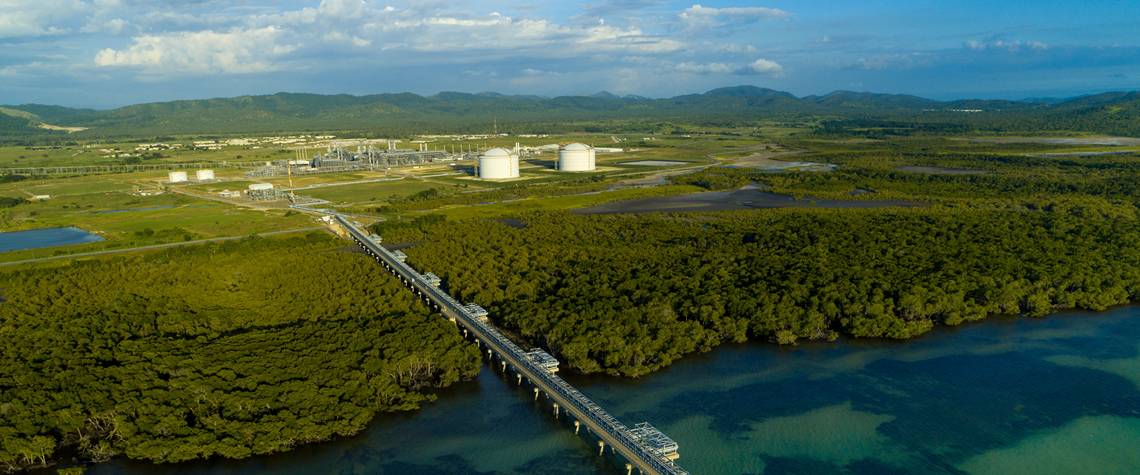You can read more stories like this by subscribing to our monthly LNG to Power newsletter here
As energy is essential for human development, society faces a dual challenge: to provide reliable and affordable energy to a growing population, while reducing environmental impacts, including the risks of climate change.
A significant portion of the world’s population remains energy-deprived, facing living conditions that would be considered dire by most people in developed countries. Access to modern energy improves a community’s quality of life; it is closely correlated to increased life expectancy, reduced poverty and malnutrition, and higher levels of childhood education.
As growing populations gain increased access to energy, rising living standards in many parts of the world will create the largest expansion of the global middle class in history, meaning more demand for homes, transportation, electricity, consumer goods, and the energy to power them all. The challenge is to satisfy this growing demand, while reducing the risks of climate change.
The role of natural gas
As 2020 dawns, natural gas is poised to take on a much more prominent role in the world’s energy mix. With an increased spotlight on the clean fuels that are being used to power the world, Alex Volkov, Vice President of Global LNG Marketing at ExxonMobil Corporation has stated that “We believe that natural gas offers the prospect of less carbon-intensive economic growth at a time when governments around the world are searching for climate-change solutions.”
Natural gas complements the peaks and valleys of power generated by renewables such as wind and solar with gas providing a backbone that enables broader penetration of renewables into the energy mix. Accelerating the replacement of coal-fired power generation with natural gas would also have huge environmental benefits.
Currently there are about 20 countries exporting LNG and more than 40 importing, with the majority of new buyers coming from emerging markets. According to Volkov, “ExxonMobil sees great promise in this dynamic market, and as a leading producer of natural gas we’re uniquely positioned to deliver reliable, secure supplies”. As quickly as the LNG market is evolving, what has not changed is the value of trusted relationships. “We’re excited about the opportunities to grow these mutually beneficial relationship across the entire value chain,” Volkov said.
Looking Ahead
LNG experts from ExxonMobil [1] have identified a number of opportunities for the industry in the coming years. These include increased supplies from a geographically diverse resource base, greater liquidity, more competition and a growing number of buyers and sellers. That said, there are also a range of challenges that confront the industry including the competitive development of gas resources during a time when Capex investments are high; and advocating for the benefits of natural gas in an anti-fossil fuels, pro-renewables environment.
ExxonMobil is proud of the role it plays in helping to reliably supply competitive LNG to customers, to fuel economic growth, improve living standards and reduce emissions.
To learn more about ExxonMobil LNG visit www.exxonmobillng.com
[1] Nothing in this article is intended to override the corporate separateness of distinct legal entities. Exxon Mobil Corporation has numerous affiliates, many with names that include “ExxonMobil.” For convenience and simplicity in this article, “ExxonMobil” and terms like “we” and “it” are sometimes used as abbreviated references to various affiliates or affiliate groups.









Comments